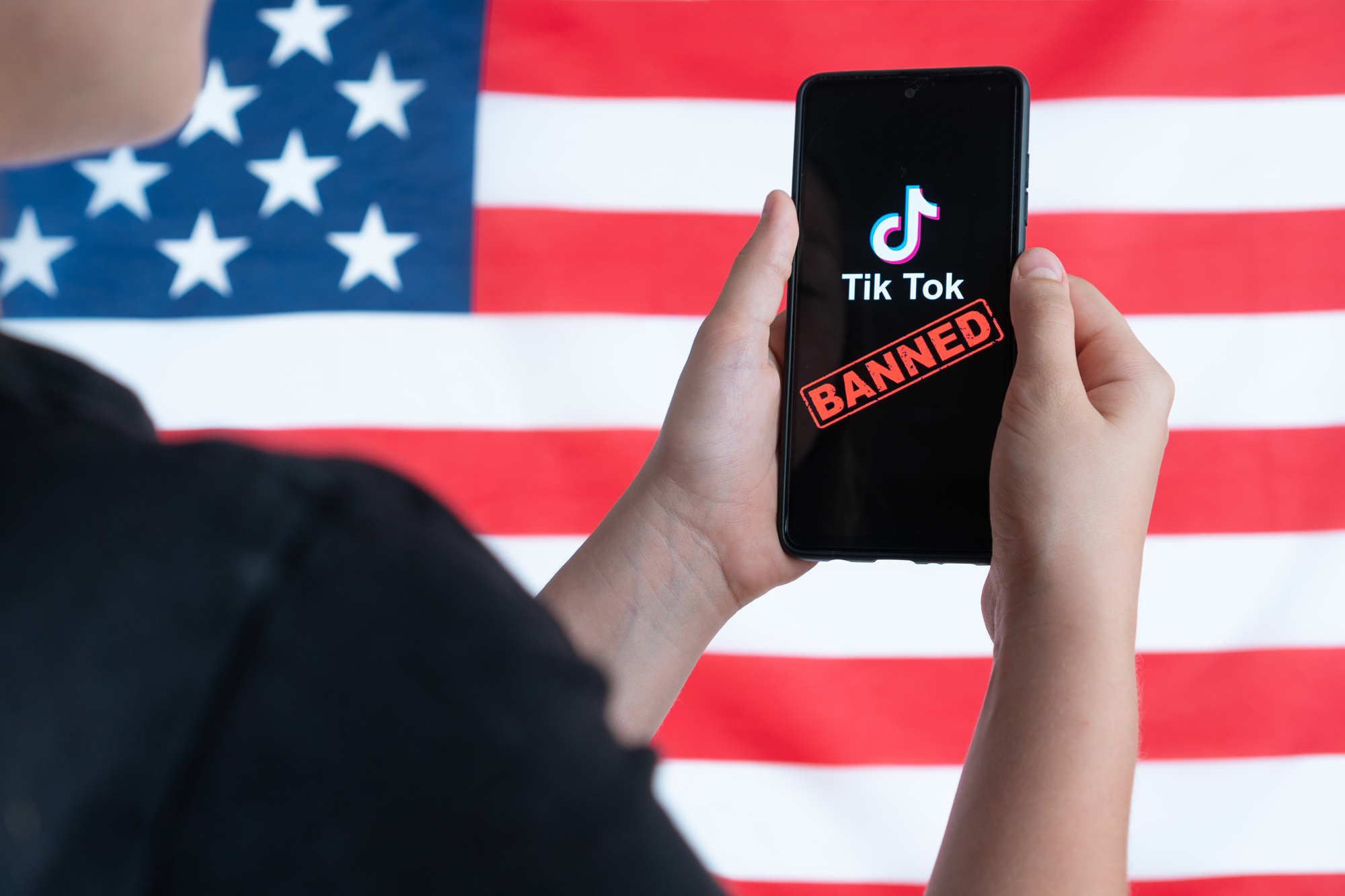Steve Mnuchin sets sights on TikTok acquisition

Igniting both curiosity and controversy, Steve Mnuchin, former Secretary of the Treasury under the Trump administration, announced his intentions to spearhead an investor group eyeing the acquisition of the popular social media giant, TikTok.
This announcement comes hot on the heels of a bipartisan-backed bill, led by House Republicans, aimed at compelling the sale of TikTok to a U.S.-based entity.
The bill, which soared through the House with a commanding 352-65 vote, is the brainchild of U.S. Representative Mike Gallagher from Wisconsin.
Gallagher argues that TikTok’s pervasive influence among America’s youth necessitates its acquisition by a domestic company, painting a picture of national security concerns and the platform’s growing role as a primary source of news for individuals under 30.
Steve Mnuchin: Trump crony?
The potential involvement of Steve Mnuchin in TikTok’s future ownership has raised eyebrows, particularly given his recent comments expressing openness to rejoining a Trump administration.
Critics fear the implications of placing such a powerful social media platform under the control of figures closely tied to the previous administration, citing concerns about data privacy, algorithmic biases, and the potential for partisan manipulation.
David Rothkopf, a prominent analyst in foreign policy and national security, cautioned against the prospect of a Trump-aligned entity wielding control over a platform with vast access to personal information and the ability to shape public discourse.
Politicization of social media
Similarly, Andrew Lawrence of Media Matters sarcastically remarked on the shift from Chinese to Trump administration oversight, highlighting the discomfort many feel about the politicization of social media.
Enjoying this article?
Subscribe to get more stories like this delivered to your inbox.
As voices from across the political spectrum weigh in on the proposed acquisition, one sentiment rings clear: the intersection of power, technology, and politics is a volatile landscape with far-reaching implications.
With the fate of TikTok hanging in the balance, the debate over its ownership underscores broader concerns about the influence and regulation of social media in the modern age.
Read More News
